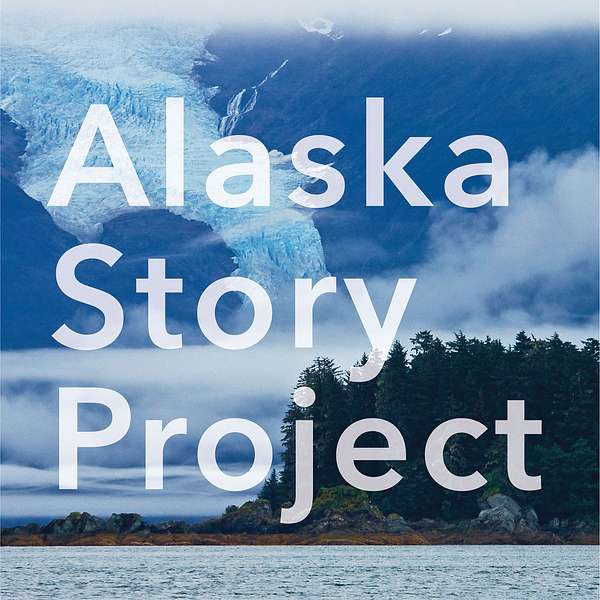
Alaska Story Project
Alaska Story Project
ASP 20, writer Kim Heacox
Award winning author of several books, including The Only Kayak and Jimmy Bluefeather, Kim Heacox is also an opinion piece writer for The Guardian US. He’s published some 18 pieces—10 in the last year with The Guardian.
Kim: “My Guardian pieces are framed within my credo of activist writing, that it’s not only my right but my responsibility to challenge power & the prevailing order, to speak out as best I can, using story, humor and a few numbers, maybe even a little parody. Taped onto the upper right-hand corner of my laptop is a small piece of paper with this quote from Carl Sagan:”
- “Anything else you’re interested in is not going to happen if you can’t breathe the air and drink the water. Don’t sit this one out. Do something. You are by accident of fate alive at an absolutely critical moment in the history of the planet.”
In this podcast, Kim reads two of his Guardian pieces:
- “Birds are remarkable and beautiful animals—and they’re disappearing from our world”. In the past half century, North America has lost a fourth of its birds. Earth is now a coalmine, and every wild bird is a canary.”
- “What we can learn from Rachel Carson as we fight for our planet. With her brave book Silent Spring, Carson changed the course of US environmental history. We would do well to study her example.
Host Dan Kowalski offers further context to Kim’s environmental writing by reading an excerpt from Kim’s book, John Muir and the Ice That Started a Fire
In his prologue, Kim writes: “The only thing that counts is that which can be counted” said Galileo 300 years before Muir. Together with René Descartes, Isaac Newton, and others, Galileo gave us our modern scientific revolution, our Age of Reason, the triumph of the rational mind. And while he and his brilliant contemporaries carried us forward, they also crushed things in our path, They separated us from nature, rather than making us participants in nature. They made us clever and powerful, but not wise.
Muir was a revolutionary of another kind; he said, there's much more to good science—and right livelihood—than connecting data and dissecting frogs. There's a deeper meaning than conventional analytical reason. Experiment is not enough. Good science also requires experience, a deep knowing and sense of wonder that comes from being out there. barefoot in the meadow, alone on the ice, naked in the storm. “When we try to pick out anything by itself,” Muir would write, “we find it hitched to everything else in the universe.”
Thanks musician Christian Arthur for his original compositions
Show notes: www.alaskastoryproject.com/podcasts